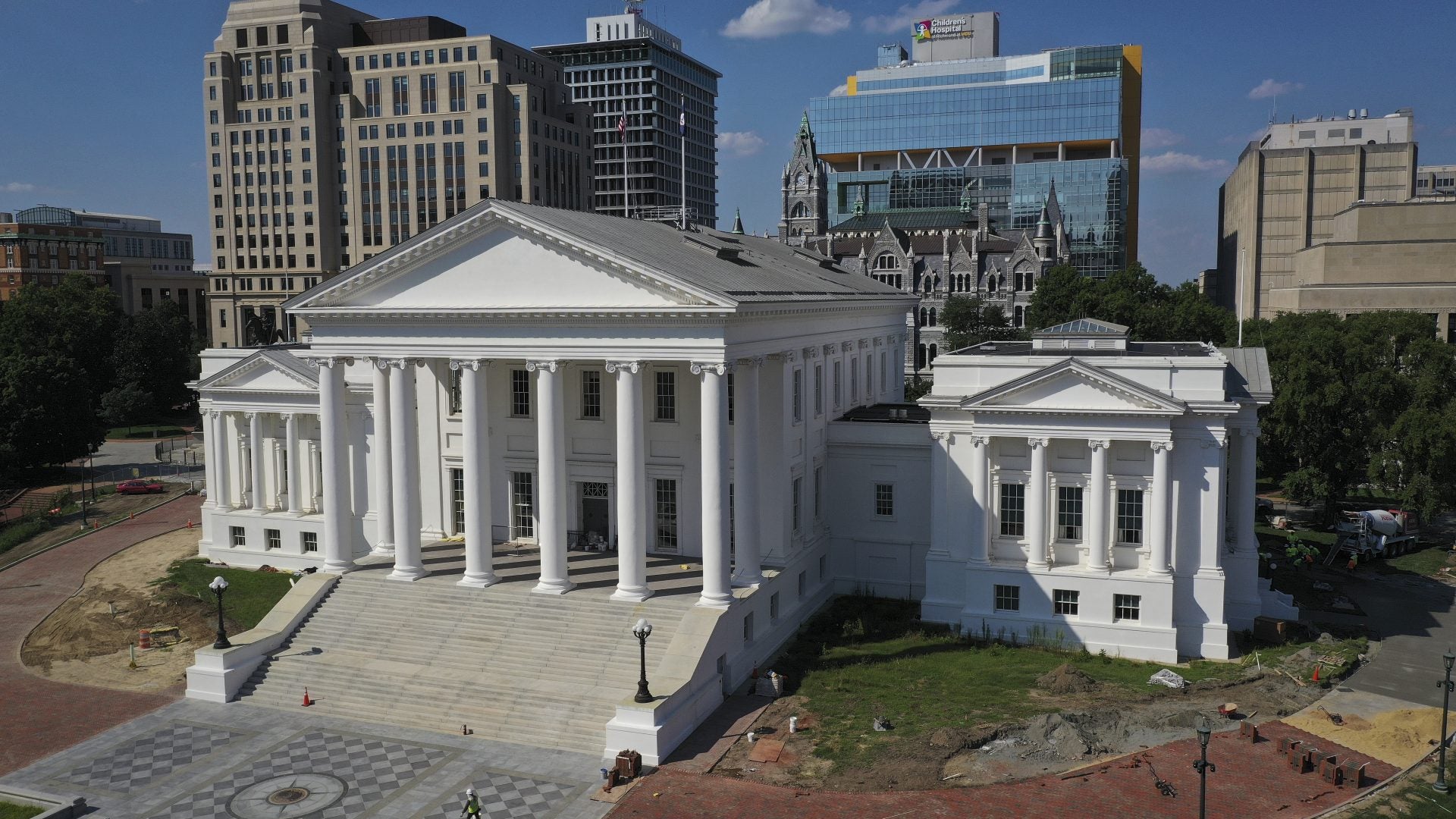
The Virginia state legislature has given the stamp of approval to create a statewide commission that will investigate how the state’s public higher education institutions displaced Black communities.
In addition, the city of Newport News, Va. and Christopher Newport University (CNU) “are creating a joint task force to reexamine the destruction of a Black neighborhood to make way for the school’s campus starting in the 1960s, and recommend possible redress for uprooted families.”
These actions were prompted by ProPublica and the Virginia Center for Investigative Journalism (VCIJ) in a series on displacement, including a story co-published with ESSENCE, which revealed that “[i]n the second half of the 20th century, the establishment and expansion of public universities across Virginia uprooted Black families, hindering their efforts to accumulate wealth in the most American way — homeownership.”
In one specific instance, in Newport News, Va. during the 1960s, the city decided to seize the Shoe Lane neighborhood, the main part of a middle-class Black enclave, which is the land where CNU is now located. According to former CNU President Anthony Santoro, the city’s leadership made the decision to delete the so-called “Black spot.”
“Universities should take it upon themselves to revisit and address these inequities and injustice that occurred at monumental levels,” stated Virginia state Democratic Delegate Delores McQuinn.
“Many universities have profited for years based on the injustice that prevented Black families from progressing financially,” added McQuinn, who in 2020 sponsored legislation that established a commission tasked with “studying the impact of slavery and racial discrimination in Virginia.”
CNU President Bill Kelly released a statement about the goals of the task force, noting that “[u]nderstanding and acknowledging our past is important moving forward in a transparent and thoughtful way.”
“Christopher Newport is committed to this work,” continued Kelly.
Virginia is not the only state enduring this reckoning with racial injustice and how state-funded institutions use eminent domain and displacement to grow.
In Colorado, state legislators allocated $2 million to the University of Colorado at Denver so it could establish a scholarship program that “eliminates fees and tuition for students and families who lived in the community between 1955 and 1973.” During the early 1970s, the Denver campus and growth that followed “displaced 350 families and reduced the predominantly Hispanic neighborhood to just 13 cottages and a grocery store.”
Down south, in Athens, GA the University of Georgia (UGA) used eminent domain to build dormitories, seizing land from Black families, which researchers estimate to have “cost Black families $5 million,” in present day dollars.
In 2021, Athens-Clarke County Commissioners “passed a resolution in 2021 urging the state to compensate the roughly 50 displaced families and their descendants. They set aside $2.5 million to build affordable housing and a community center.” However, UGA rejected this reparations concept, pointing out that the state constitution banned “voluntary public funding for third parties.”